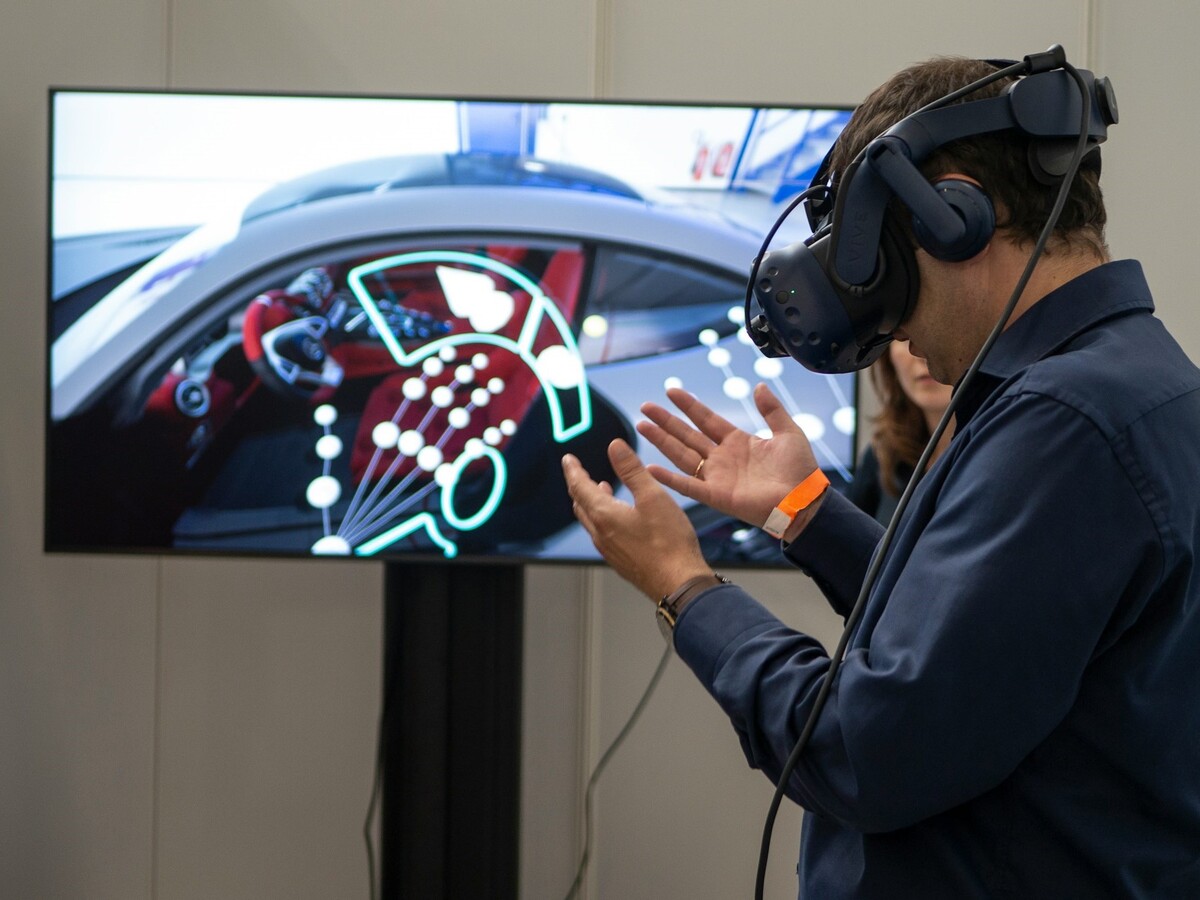Mobility: New EU project “CulturalRoad”
Recognizing the need to address the growing demand for transport while reducing emissions from the sector, Cooperative, Connected, and Automated Mobility (CCAM) is a key area for achieving the United Nations Sustainable Development Goals. In order to realize the full potential of CCAM solutions, the European Commission’s Horizon 2020 program has mandated the CulturalRoad project. Its task is to develop new guidelines for the implementation of CCAM that meet the specific needs of people in different cultural and geographical contexts.
Equity score for existing CCAM systems
First, the project will assess the level of mobility equity of existing CCAM systems using a rating system that focuses on safety, level of inclusiveness, user acceptance, current network readiness, and psychological factors influencing use. The resulting equity score will then enable the development of customized planning tools and CCAM roadmaps adaptable to different cultural and geographic contexts.
The CulturalRoad concept will then be demonstrated in Barcelona (Spain), Karlsruhe (Germany), Eilat (Israel), Ljubljana (Slovenia), and the West Midlands and Oxfordshire regions (United Kingdom). There, the project partners will work with public authorities, industry partners and local communities to develop CCAM strategies that meet actual mobility needs.
Demonstration site in Karlsruhe uses virtual and augmented reality
At the demonstration site in Karlsruhe, CulturalRoad is researching how future forms of mobility like autonomous shuttles could be used to meet the specific needs and expectations of people. Virtual and augmented reality as settings that are “close to the real” will be used to easily implement, demonstrate, and facilitate future CCAM applications and ultimately bring them onto the road.
Therefore, ITAS works together with INIT, a Karlsruhe-based provider of IT solutions in the public transport sector, and the KIT research group Cooperative Autonomous Systems (CAS), that specializes in CCAM applications, along with expertise in virtual reality simulations. ITAS will link the technological innovations of its partners with society. This happens through transdisciplinary and real-world laboratory settings, which aim to test and shape new technologies together with the local population through various participatory formats and thus tailor them to their needs.
The CulturalRoad project is part of the CCAM Partnership and coordinated by ERTICO – ITS Europe. (24.07.2024)
Further information:
- CulturalRoad on LinkedIn
- Project description on the ITAS website


